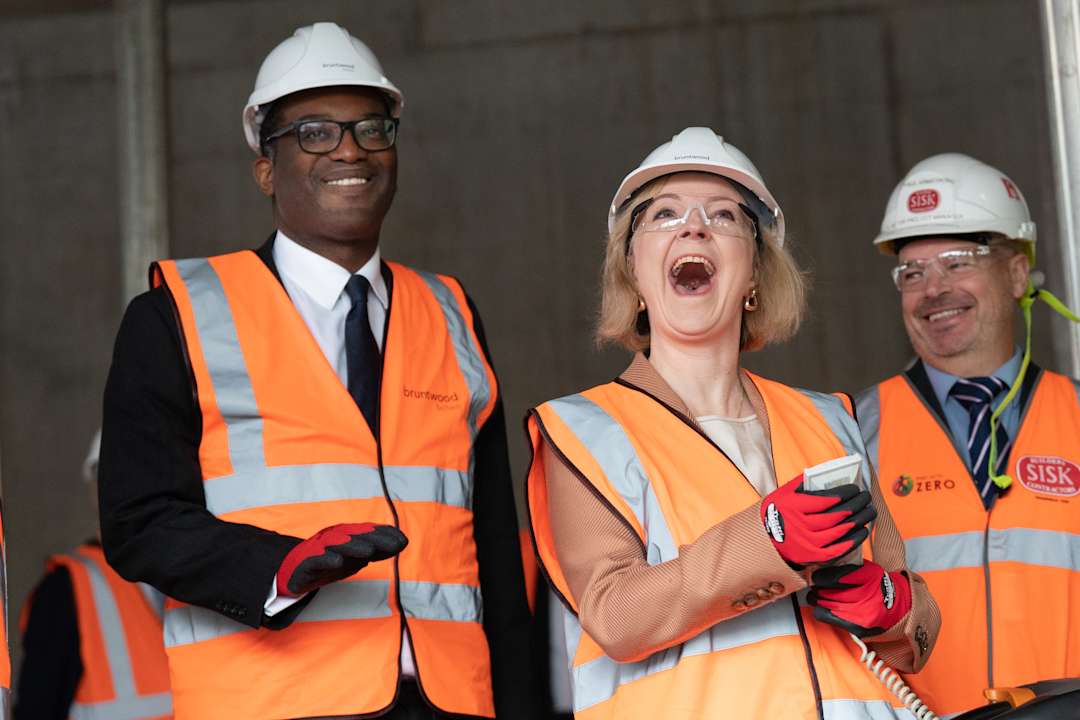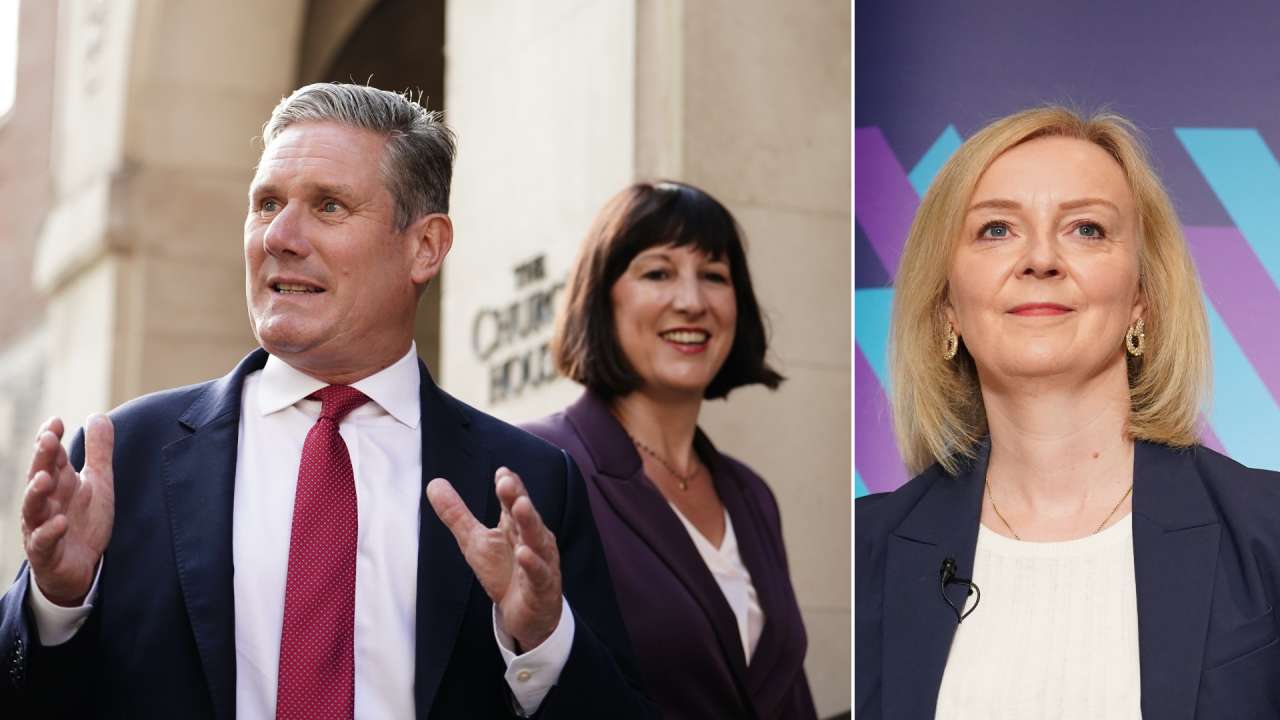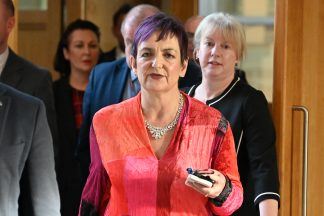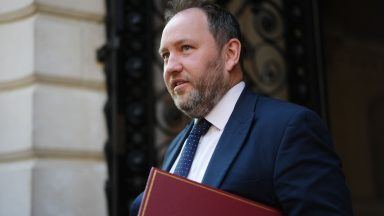Labour has pledged to give Britain’s economic watchdog greater powers if it wins the next general election, as it seeks to avoid another ill-fated Liz Truss-style mini budget.
Under a Labour government, shadow chancellor Rachel Reeves said the Office for Budget Responsibility (OBR) would not be “gagged” by ministers seeking to avoid an official financial forecast on major tax and spending changes.
It comes almost one year after former prime minister Liz Truss and her chancellor Kwasi Kwarteng sent the economy into turmoil when they announced £45 billion of unfunded tax cuts, sending the value of the pound plummeting.
The economic impact was worsened by the fact Britain’s shortest-serving PM refused to publish the OBR’s independent forecast for the public finances along with the plans.
Detailing Labour’s plans on Friday, the shadow chancellor said ministers would be legally bound to consult the OBR in order to avoid another similar situation.
Ms Reeves told BBC Radio 4’s Today programme: “I’m saying that we won’t allow that to happen again because the OBR will not be gagged.
“We will bring forward this charter in legislation, and MPs will vote on it and then we will ensure that, in the future, when budgets happen there will always be a forecast.”

Labour leader Sir Keir Starmer vowed to introduce legislation to ensure the watchdog has the power to independently publish its own impact assessment.
He and his shadow chancellor announced the plan, if they win a general election, which will apply to any major fiscal event making permanent tax and spending changes.
The party said ministers would be forced to open their books to the forecasters, though any government wanting to disregard them could seek to reverse the legislation.
Labour also said it would set out a fixed timetable for annual autumn budgets, followed by a spring update in early March, to give families and businesses time to prepare for changes ahead of the new tax year.
Major tax and spending decisions would be reserved for November under the plans, while only minor policy changes would be allowed in a spring update.
Ms Reeves defended the proposal, rejecting the assertion that it would make it harder for chancellors to respond to unpredictable events.
“This is good international practice, that you set a date for the budget and you stick with it.
“And to have a budget in the autumn rather than just a few days or weeks before the new financial year gives businesses, gives families, a chance to plan for any changes in taxation, for example, so that’s good international practice.”
Boris Johnson also considered not going to the OBR before the first budget of his premiership, but this was rejected by his then-chancellor Sajid Javid, according to a book by the Telegraph’s political editor, Ben Riley-Smith.
The Labour plans would allow for changes to be introduced without forecasts in the case of an emergency, but the OBR would be allowed to set a date to publish its work.
Responding on Friday, Ms Truss said: “The 25-year economic consensus has led to state spending being higher than it’s been for around 50 years, taxes at their highest since WW2 and a debt of over £2.5 trillion. This has caused low economic growth.
“It beggars belief that Labour think Britain’s problems will be solved by bigger government and even more powers for quangos.
“Hard-working people and businesses – freed from overbearing regulation, tax, and debt – are going to get Britain growing again, not more bureaucrats in London.”
Ms Reeves and Sir Keir will face more questions about the plans during a visit to the London Stock Exchange on Friday.
Follow STV News on WhatsApp
Scan the QR code on your mobile device for all the latest news from around the country




























